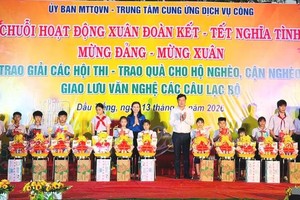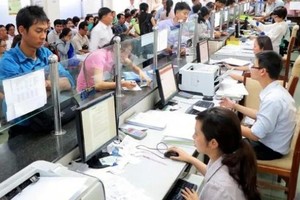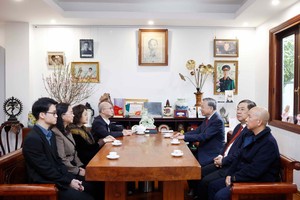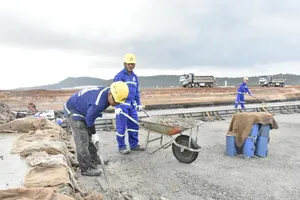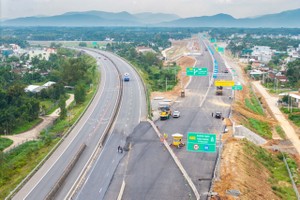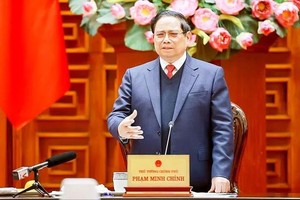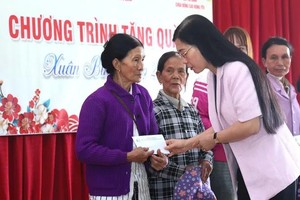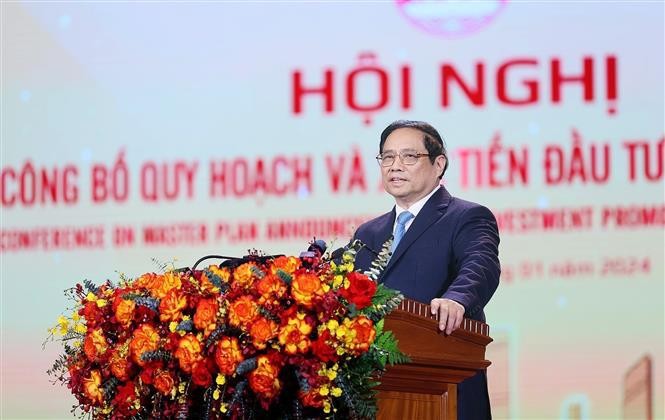
By 2030, Hai Duong will have developed comprehensive socio-economic infrastructure, built greenness, smartness, and modernity-oriented urban areas deeply imbued with its identity, and met some basic criteria of a centrally-run city, according to the province’s master plan for the 2021 - 2030 period with a vision to 2050.
The plan targets an annual economic growth rate of 9.5 percent, a population of about 2.55 million, all residents accessing clean and hygienic water, and an urbanization rate of over 55 percent by 2030.
The province will strive to meet all the criteria of a centrally-run city by 2050, becoming a modern, green, smart, and sustainable city with extensive international integration and rich cultural identity and serving as an important socio-economic impetus of the Red River Delta.
Applauding local development, PM Chinh asked Hai Duong to base on its reality, act flexibly, and mobilize different resources to carry out the master plan.
It needs to implement the plan strongly, comprehensively, and effectively, especially in the fields it holds potential and advantages for; step up economic restructuring in tandem with growth model reform; increase productivity and competitiveness on the basis of digital transformation, science - -technology, innovation, and green and circular economy development; develop socio-economic infrastructure, particularly transport, urban, and industrial facilities; and push ahead with administrative procedure reform and business climate improvement.
In particular, the province needs to give cultural and social aspects the same importance as economic development while paying due attention to historical and cultural relic preservation, the Government leader continued.
He asked relevant ministries and sectors to coordinate closely with Hai Duong during the master plan implementation.
Meanwhile, PM Chinh called on enterprises and investors to carry long-term and sustainable business strategies, realize their commitments, comply with cooperation agreements and laws, and actively join hands in ensuring social security.
He expressed his belief that the province will fruitfully carry out the master plan and attract more investment, helping foster socio-economic development and secure happiness and prosperity for its people.
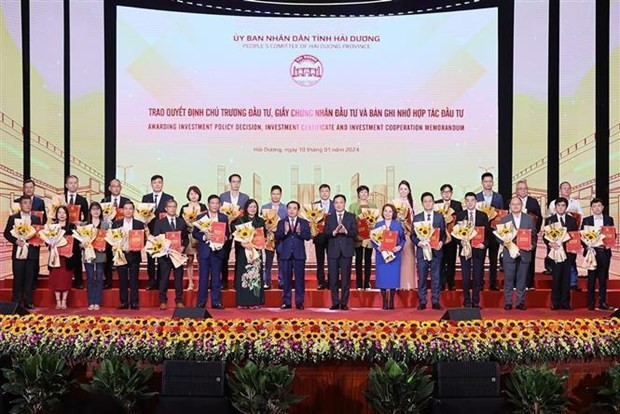
At the conference, Hai Duong announced the fields it is inviting investment to, including industrial park development, the building of residential areas and social housing, tourism, services, trade, logistics, transport infrastructure, health care, culture, education, sports, environment, and agro-forestry-fisheries.
It also granted 27 investment policy decisions, investment registration certificates, and memoranda of understanding on investment cooperation with a total capital of nearly US$1.4 billion to domestic and foreign firms.





